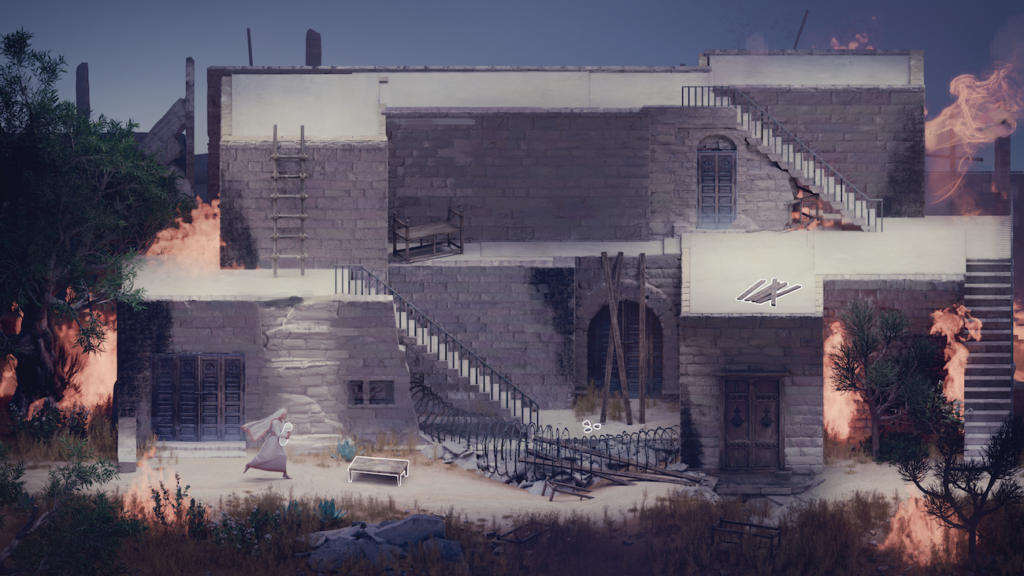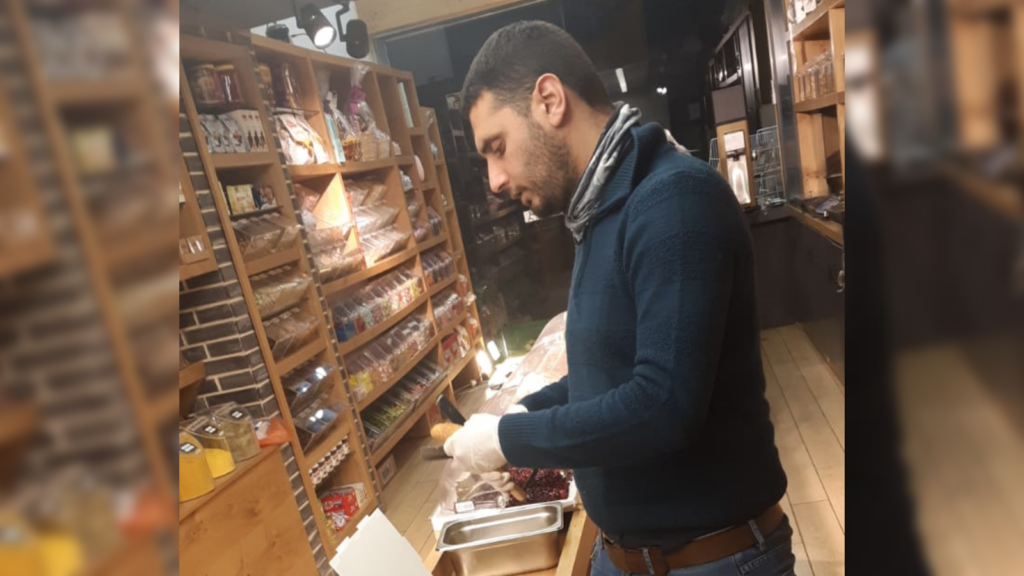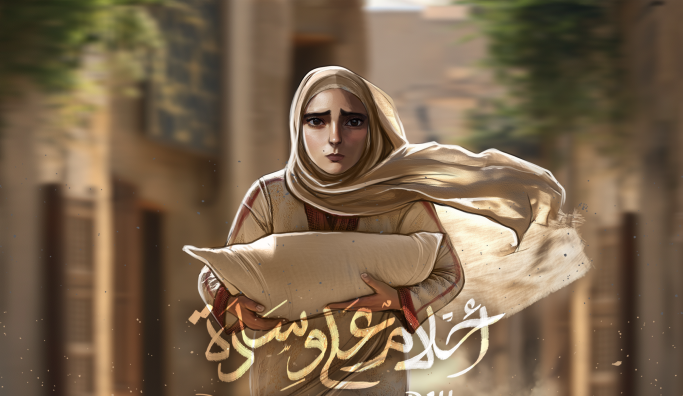With 35 days remaining in his crowdfunding campaign, Palestinian game developer Rasheed Abueideh has already reached half of his goal for the ambitious project Dreams on a Pillow. It’s a stealth adventure game, rooted in Palestinian history and folklore and a deeply personal project that seeks to narrate the trauma and resilience of the Palestinian people during the 1948 Nakba (‘the Catastrophe’, or forced displacement of Palestinian people from their land and homes).
Abueideh first gained international attention with his 2016 game Liyla & The Shadows of War, which highlighted the struggles of living under occupation and war. Despite its global acclaim, the journey to Liyla’s release was fraught with obstacles. Apple initially deemed the game ‘too political’ and temporarily banned it. Funding partners and publishers avoided the project, labeling it controversial. Still, Liyla resonated with players worldwide, showcasing Abueideh’s storytelling prowess and his commitment to portraying the realities of Palestinian life.
For the past decade, however, Abueideh struggled to secure sustainable opportunities in the game development industry. Facing repeated rejection from publishers unwilling to engage with Palestinian narratives, he turned to other ventures, including opening a nut roastery near his hometown of Nablus to support his family. Today, escalating violence and restrictions in the West Bank have rendered the roastery inaccessible. Amid these challenges, Abueideh has refocused his energy on game development, determined to tell stories that might otherwise remain untold.
Palestinian folk tale
Set against the backdrop of the Nakba, Dreams on a Pillow is inspired by a traditional Palestinian folk tale. The game follows Omm, a young mother from an olive farming family in al-Tantura, as she navigates the chaos of the Nakba while carrying what she believes is her child, only to discover it is a pillow. Through Omm’s journey, players experience the historical events of the Nakba, from massacres and displacement to the enduring trauma of exile.

The gameplay combines stealth mechanics with narrative exploration. Omm, burdened by her “pillow,” must evade Zionist militias while grappling with vivid nightmares that blur the line between reality and her fears. As she progresses, players witness flashbacks of life before the Nakba, offering a poignant contrast between her peaceful past and her harrowing present.
Authentic portrayal
The game also integrates meticulously researched historical documentation, aiming to dismantle propaganda myths and provide an authentic portrayal of Palestine’s history. The development team has committed to portraying these stories with sensitivity and accuracy, while ensuring the game remains engaging and accessible to players worldwide.

Developing a game like Dreams on a Pillow presents unique financial and logistical challenges. Traditional funding routes, such as publisher partnerships and cultural grants, have been inaccessible to Abueideh due to the political sensitivities surrounding Palestinian narratives. Even crowdfunding platforms, like Kickstarter, either fail to recognize Palestine or have a history of withholding funds from Palestinian creators.
The ultimate goal
In response, Abueideh has turned to LaunchGood, a crowdfunding platform focused on supporting Muslim-led initiatives. He aims to raise an initial $194,800 to transition the project from pre-production to production. This amount will cover prototyping, narrative development and early-stage gameplay mechanics. The ultimate goal is to raise $495,000 to fully fund the project, enabling a two-year development timeline with a team of experienced game developers and artists.

Beyond its artistic and historical value, Dreams on a Pillow represents a critical step toward amplifying Palestinian voices in the global gaming industry. Abueideh hopes the project will pave the way for future Palestinian creators, fostering a more inclusive and representative gaming landscape. For Abueideh, Dreams on a Pillow is more than a game. It’s a testament to resilience, a preservation of history and a call for empathy. By supporting this project, contributors are not only enabling the creation of a meaningful game but also championing the right of Palestinians to share their stories with the world.
The crowdfunding campaign is now live on LaunchGood.

